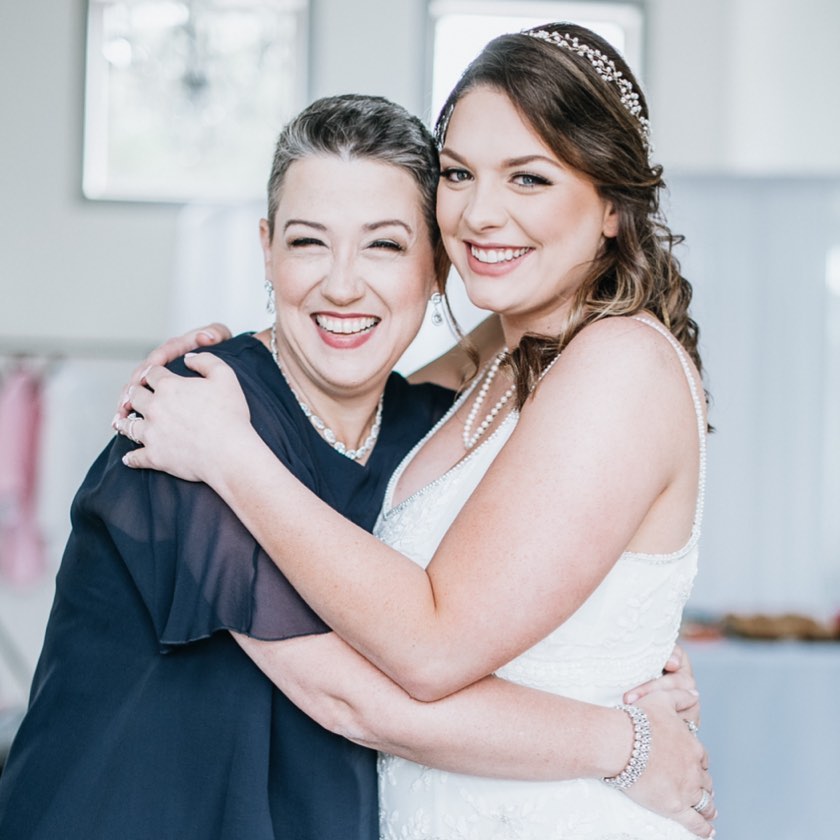Some people smoke, others hoard Skittles, and some — like me — have a potty mouth. I use my colorful vocabulary to express my frustration in traffic or to add emphasis to a dramatic story. I use it to make sure everyone within earshot knows I stubbed my toe or broke a glass. I don’t quite curse like a sailor, but I do sometimes come close. So it should come as no surprise that I passed this habit along to my daughter. Yes, I admit it: I raised a potty mouth.
 In her early years, I was extra careful to avoid inappropriate language in front of my little language sponge. Of course, I wasn’t always successful, and sometimes she shared some of my favorite words with her grandparents. Fortunately, she never shared them with teachers (I feel sure they would’ve called me.)
In her early years, I was extra careful to avoid inappropriate language in front of my little language sponge. Of course, I wasn’t always successful, and sometimes she shared some of my favorite words with her grandparents. Fortunately, she never shared them with teachers (I feel sure they would’ve called me.)
At the onset of the pre-teen years, it became more and more difficult to curb language in the face of the growing mother-daughter struggle between us. It was bound to happen; eventually I started to hear my own language coming out of her mouth. I thought a lot about what to do next, and I made the potentially controversial decision to let it go.
That’s right. I chose not to call her out on it, not to insist she use more “appropriate” language with me. After all, I didn’t exactly have the moral high ground here. And, more importantly, I really wanted to hear what she had to say about how she felt and what was going on in her world. Being a teenager, becoming an adult, is hard work. Stressful, angst-ridden, soul-crushing hard work. Teenagers live in a world filled with peer pressure, parents’ expectations, social drama, and school demands . . . plus growth spurts, voice changes, and breakouts. If anyone deserves a little leeway on vocabulary, they do.
So whether my daughter was using polite language or not, I honestly didn’t care. As long as we were talking.
We had a few ground rules, though. First and foremost, some words and phrases were just simply off limits, no matter how bad the situation was. Second, she could curse to me but not at me. A subtle difference, but it maintained a certain level of civility which, as I write this now, might not actually make sense to anyone else. But it worked for us. She also knew that this was not language we used with teachers, coaches, or grandparents. Just us.
It made our conversations freer, though certainly no more pleasant. Because I didn’t regulate her word choice, she didn’t seem as stifled in expressing herself and her frustrations. As a result, I think we have a closer, more open relationship today. Of course, I’m not advocating for parents everywhere to turn their kids loose to say whatever they want. I just know that giving my daughter that little wiggle room made a difference for us.











